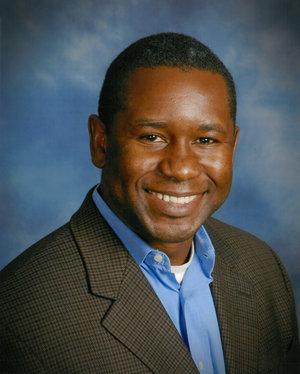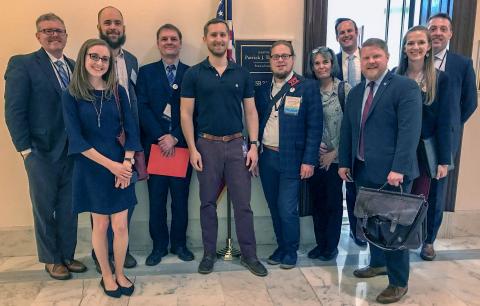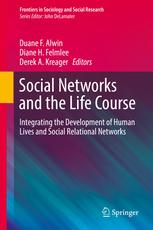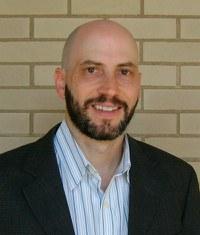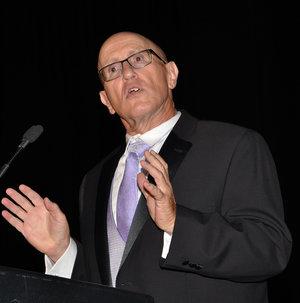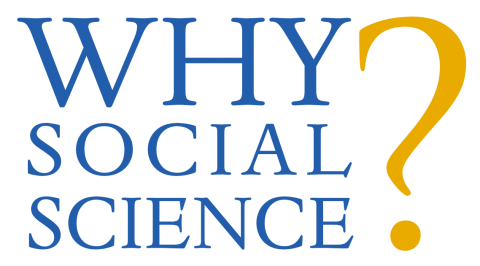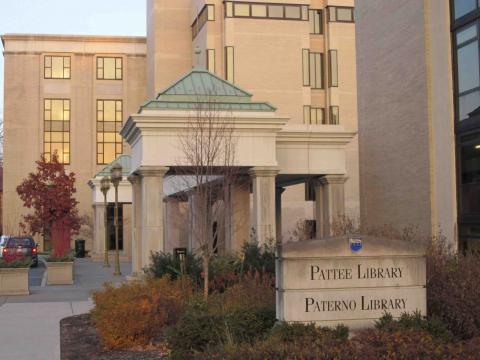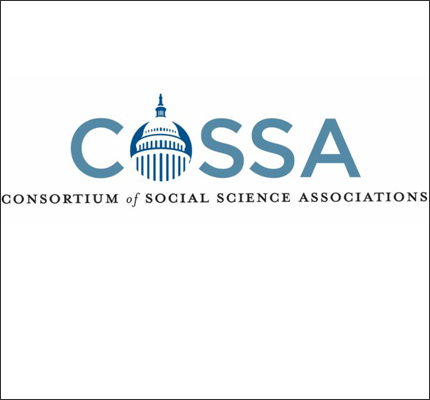25 Years of Service (2) Abortion Rights (1) Activist Groups (1) Addiction (14) ADHD (1) Administrative Data Accelerator (1) Adolescents (2) Aging (19) Agriculture (3) AI (5) AI Hub (2) Air Quality (1) Alaska (4) Alcohol (1) Alzheimer’s Disease (1) Amish (1) Annual Report (2) Anthropology (4) Anxiety (1) Arctic Research (4) Artificial Intelligence (3) Asian Families (2) Associate (1) Asthma (2) Autism (1) Award (24) Babies (2) Big Data (3) Biobehavioral Health (16) Black Families (2) Brain (4) Bullying (1) Business (1) Cancer (1) CCSA (11) Celebration (5) Census (9) Center for Education and Civil Rights (9) Center for Educational Disparities (29) Center for Global Studies (1) Center for Healthy Aging (1) Center for Security Research and Education (4) Center for Social Data Analytics (1) Center for Socially Responsible Artificial Intelligence (4) Center on Education and Civil Rights (2) Child Development (1) Child Health (2) Child Maltreatment (6) Child Maltreatment Solutions Network (5) Child Obesity (6) Child Study Center (1) Chronic Illness (2) Civic Engagement (2) Clearinghouse for Military Family Readiness (6) Climate Change (23) Clinical and Translational Science (6) Cognition (3) Collaborative on Population Aging Disparities (1) College of Agricultural Sciences (12) College of Communications (2) College of Earth and Mineral Sciences (1) College of Education (35) College of Health and Human Development (30) College of Information Sciences and Technology (3) College of Medicine (12) College of Nursing (1) College of the Liberal Arts (35) Communication (5) Communication Arts and Sciences (1) Community (14) Computational and Data Sciences (2) Computational and Spacial Analysis (2) Concussions (1) Conference (10) Consortium on Moral Decision-Making (6) COSSA (13) COVID-19 (27) Criminal Justice (5) Criminal Justice Research Center (7) Criminology (16) CSA (19) CSUA (6) CTSI (43) Data Management (8) Data Resources Hub (1) Data Sources (2) De Jong Lecture (7) Death (3) DEI (3) Democracy (3) Demography (50) Depression (4) Disasters (8) Discrimination (10) Diseases of Despair (1) Dyslexia (1) Economics (4) Edna Bennett Pierce Prevention Research Center (1) Education (20) Education Policy (13) Educational Attainment (4) EIC (8) EIC Podcast (4) Emotion (1) Employment (5) Environment (2) Exercise (1) Expanding Empathy Speaker Series (1) Faculty Fellows (8) Faculty Information (4) Family (8) Family Symposium (20) Fellowship (6) Food Security (4) Foster Care (2) Friends (3) Fullbright Scholars (2) Funding (56) Gender Equality (3) Generational Disadvantages (2) Genetics (2) Geography (4) Geology (1) Geospatial (3) Geroscience and Dementia Prevention Consortium (2) GIS (1) Global Programs (7) Global Warming (5) Government (15) Grief (2) Gun Control (2) Gun Violence (1) Health (7) Health Care (11) Health Disparities (8) Health Equity (8) Health Policy and Administration (4) Hispanic Families (3) Housing (2) Huck (2) Human Development and Family Studies (24) Human Trafficking (1) ICDS (1) IFSE Workshop (3) Immigrants (2) Immigration (30) Impact (3) Indigenous Communities (3) Inequality (2) Inequities (2) Influence (2) Information Technology (4) Innovation (2) Institute for CyberScience (8) Institutes of Energy and the Environment (3) Intentional School Failures (1) Interventions (2) IPDR (1) IRB (2) Job (3) Kinesiology (1) Kinship (3) Labor Exploitation (1) Labor Relations (5) Latino (1) Law (1) Lecture (2) Lerner Center for Public Health Promotion Brief (2) Life Course Exposures (1) Life Expectancy (4) Lloyd Prize (1) Machine Learning (1) Malnutrition (1) Marcellus Shale Natural Gas Development (1) Marijuana (1) McCourtney Institute for Democracy (9) MDI (1) Memory (2) Mental Health (5) Mexico (2) Migration Research (25) Military Families (1) National Security (1) New Methodologies (1) NIH (30) Nominations (1) NSF (20) Nursing (1) Nutrition (1) Nutritional Sciences (1) Obesity (5) Online Aggression (1) Open Access Research (3) Open House (2) OpenMx (1) Opioids (25) OSVPR (10) Overdose (1) PAA (3) PacMAT (1) Parenting (1) Partnership (2) Penn State Cancer Institute (3) Penn State Research (93) Pennsylvania Population Network (6) Pennsylvania Redistricting Advisory Council (1) Philosophy (1) Playing the Archive (2) Podcast (9) POLARIS (3) Policymaking (16) Political Science (10) Politics (12) Population (3) Population Health (6) Population Research (3) Postdoctoral (4) Poverty (1) PPN Brief (2) Pregnancy (3) Preschool (1) Prevention Research Center (4) Prevention Science (6) PRI (100) PRI Affiliate (3) PRI Associate (23) Private Services (1) Professor (1) Promotion Announcement (1) Proposal (7) Protocol (1) Psychology (12) Public Health Sciences (3) Public Policy (10) Public Services (1) Qualtrics (1) QuantDev (4) Race (1) Racial and Ethnic Minorities (5) Racial Disparities (8) Racism (1) RDC (1) Recovery (1) REDCap (1) Refugees (1) Relationships (1) Research (28) Research Evidence (8) Research-to-Policy Collaboration (4) RISE Conference (1) Rock Ethics Institute (3) RPC (1) Rural Communities (12) Rural Health (8) Rural Sociology (14) School (16) School of Public Policy (2) Science Policy (1) Security (2) Seed Funding (29) Segregation (14) Self-control (2) Seminar (7) Siblings (1) SJRC Equity Fellows (1) Sleep (5) SLEIC (1) Smoking (4) Social Data Analytics (2) Social Inequity (2) Social Justice (3) Social Media (4) Social Science (63) Social Stressors (1) Sociology (50) Software (3) Special Education (12) Spring Gathering (3) SRC (1) SSRI (79) SSRI Affiliates (3) SSRI Cofunds (24) SSRI Director (5) SSRI Staff (3) Stress (4) Substance Abuse (14) Substance Use (7) Suicide (2) Support Resources (2) Survey Research Center (1) Symposium (2) Teams (1) Teens (4) Texas (1) Transportation (1) Twitter Data (5) Unemployment Rate (3) University Policy (2) Veterans (2) Violence (1) Visiting Scholar (1) Water (6) We Are (2) Why Social Science? (20) Womens Health (2) Womens Studies (1) Work Conditions (1) Workforce Development (1) Working Groups (2) Workshop (10)
Why Social Science? - Because It Can Challenge Conventional Wisdom
By Olugbenga Ajilore, Ph.D., Associate Professor of Economics, University of Toledo Social science research provides evidence that helps us understand the drivers of social problems. A lot of times, this evidence is in contrast to the conventional wisdom and may on the face of it seem…
Using social media to solve social problems
Social scientist rely on data to study social problems, however data from traditional surveys can be difficult and time consuming to collect, as well as inaccurate since not all factors can be measured well. A National Science Foundation-funded Penn State project will evaluate the accuracy of using…
Why Social Science? - Because It Helps Us Identify and Combat Misinformation
By Melanie C. Green, Ph.D., Associate Professor, Department of Communication, University at Buffalo To make good decisions, we need good information. Every day, people form opinions on health treatments, political policies, and consumer products. Social sciences help us understand how people can…
Why Social Science? - Because It Can Improve the Lives of City Residents
By David Yokum, J.D., Ph.D., Director, The Lab @ DC There’s a movement underway to integrate scientific research into the everyday workings of government at all levels. Increasingly, research professionals are being called upon to roll up their sleeves and lend their advice, expertise, and…
Contributions of social and behavioral research in addressing the opioid crisis
OBSSR in collaboration with the National Institute on Drug Abuse (NIDA), the National Institute of Neurological Disorders and Stroke (NINDS), the National Center for Complementary and Integrative Health (NCCIH), the National Institute on Minority Health and Health Disparities (NIMHD), and the NIH…
Penn State delegation advocates for social sciences in Washington, DC
A group of Penn State researchers recently attended the Consortium of Social Science Association’s (COSSA) 2018 Science Policy Conference and Social Science Advocacy Day in Washington, DC. The conference and advocacy day brought together COSSA members and other stakeholders for a day of discussion…
Felmlee and Kreager bring together social science subfields in new publication
PRI research associates Diane Felmlee, professor of sociology, and Derek Kreager, director of the Justice Center for Research and professor of sociology and criminology, along with their colleague Duane Alwin, director of the Center for Life Course and Longitudinal Studies and McCourtney Professor…
Iceland receives Raymond Lombra Award
John Iceland, PRI associate and professor of sociology and demography, was recently awarded the Raymond Lombra Award for Distinction in the Social Sciences for his work in this area. Iceland’s research interests include demography, social inequality, immigration and incorporation, and urban…
New Initiative to Examine Facebook Data and Social Media's Impact on Society
Recent revelations about the abuse of Facebook data and spread of disinformation make clear that social media can have negative ramifications for society. Today the SSRC begins an extraordinary Social Data Initiative at the frontiers of digital culture to examine the problem, explore questions…
News Topics: Social MediaSocial Science
Why Social Science? - Because It Produces Essential Data for Our Democracy
By Ronald L. Wasserstein, Ph.D., Executive Director, American Statistical Association The social sciences are vitally important to the institutions of democracy. Those institutions include a constellation of federal statistical agencies responsible for collecting and disseminating data. With these…
Why Social Science? - Because It is an Engine for Social Progress
By Darla Spence Coffey, PhD, MSW, President and Chief Executive Officer of the Council on Social Work Education & James Herbert Williams, PhD, MSW, MPA, Arizona Centennial Professor of Social Welfare Services at Arizona State University The Council on Social Work Education (CSWE) is dedicated…
News Topics: Social ScienceWhy Social Science?
Brown bag software tutorials in the humanities and social sciences
A series of workshops titled “Software in the Humanities and Social Sciences” will continue through the spring semester and features researchers from across the University offering weekly tutorial sessions that aim to highlight a range of software options and resources in relatable topics. The…
Penn State third in rankings for federal social and behavioral science funding
The Consortium of Social Science Associations (COSSA) recently released the 2018 edition of their College and University Rankings for Federal Social and Behavioral R&D, which reports total federal research dollars in the social and behavioral sciences awarded to U.S. institutions. Penn State…
